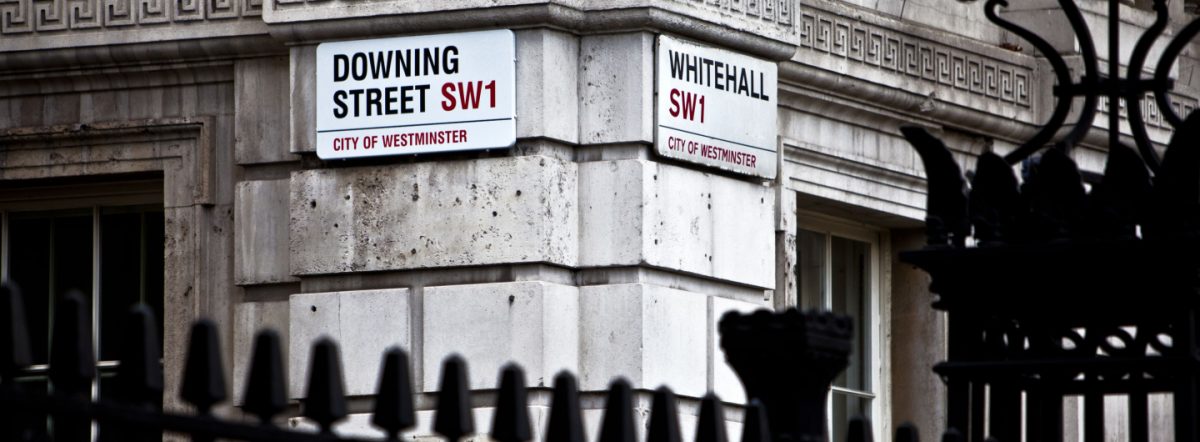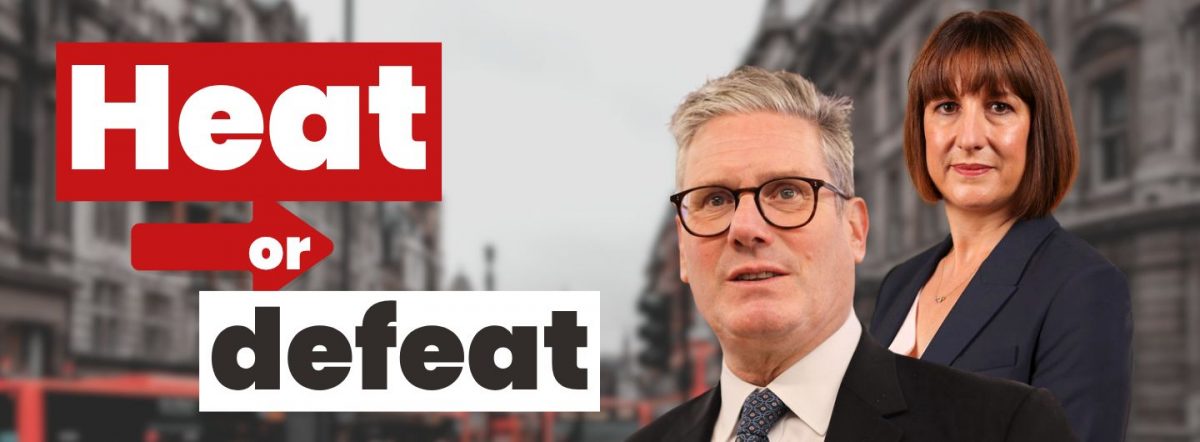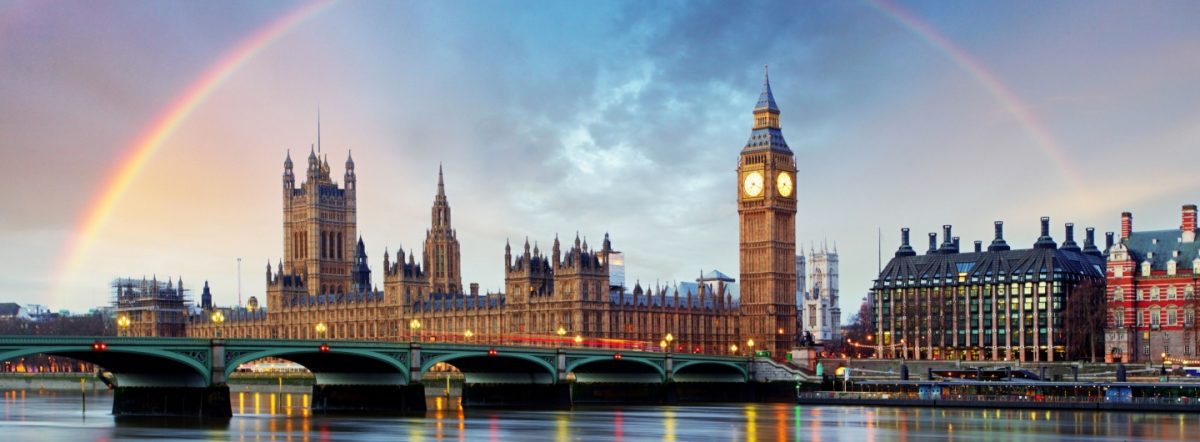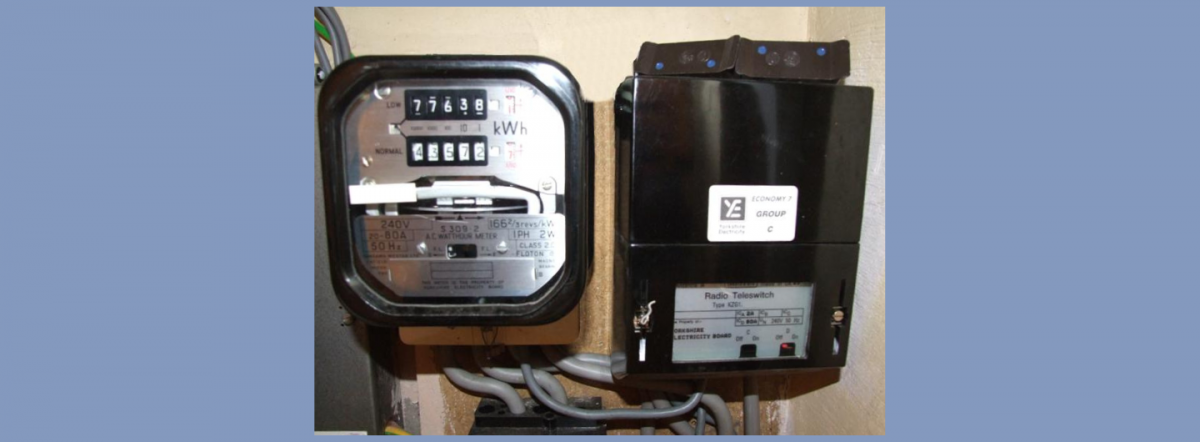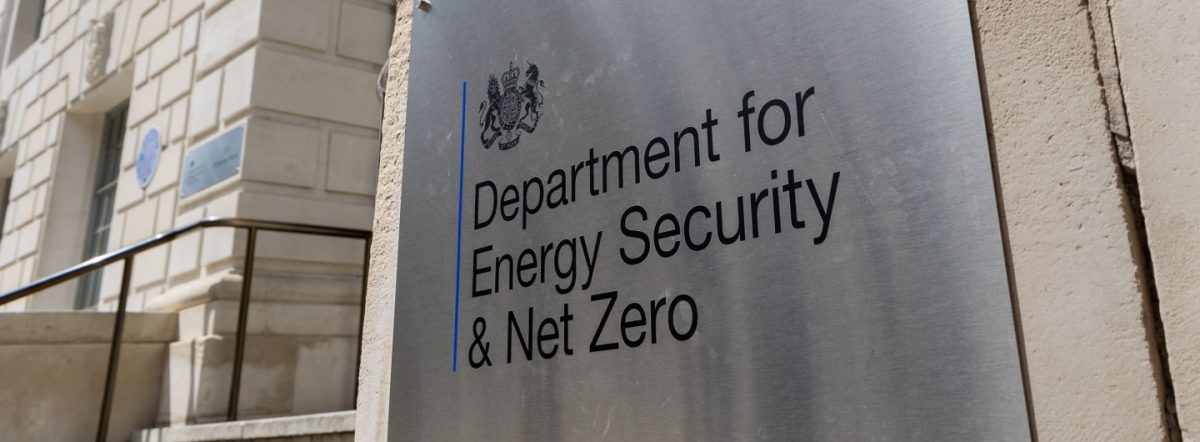Britain’s smart meter rollout must provide stronger protections for those left without functioning meters or denied access to cheaper energy tariffs.
In its submission to Ofgem’s consultation on Smart Meter Guaranteed Standards of Performance, the End Fuel Poverty Coalition said the regulator’s proposals “do not go far enough” and risk “letting down the very people most in need of support.”
The warning comes as the 1 July energy price cap change comes into effect and millions of households are expected to start shopping around for better energy deals. Many of the most competitive tariffs are now only available to customers with working smart meters.
Consumers without functioning smart meters, or who have been unable to get one installed, are often excluded from these deals, further widening the gap between those who can and cannot afford to heat their homes.
“This is fast becoming a two-tier energy system,” the report warns.
“Households without smart meters, often through no fault of their own, are now locked out of the most affordable tariffs. This creates a form of discrimination and risks trapping more people in fuel poverty.”
The Coalition’s submission lays out two key categories of compensation. First, it recommends quarterly automatic compensation for ongoing failures such as:
- A smart meter not being connected by the Data Communications Company (DCC).
- Areas with no DCC coverage despite consumer requests.
- Installation failures in buildings with architectural challenges (e.g. stone walls, first-floor flats).
- Smart meters that fail to communicate with suppliers or the DCC.
- Smart meters that don’t work properly after installation.
Secondly, it calls for one-off automatic payments for each occasion where:
- Meter readings are recorded incorrectly during installation.
- Installation appointments aren’t provided within a set timeframe.
- Engineers miss scheduled appointments.
- Installations fail due to supplier-related issues.
The Coalition says that suppliers should be required to pay compensation even when third-party organisations are at fault, and then reclaim the cost from those responsible in a significant departure from the current system.
It warns that current proposals rely on the phrase “within a supplier’s control” before compensation can be paid out which risks creating loopholes that allow firms to dodge accountability.
Separately, the Coalition has raised concerns with regulators about the impact of increasing reliance on time of use tariffs on vulnerable groups who have less ability to shift demand to alternative times of the day.
A spokesperson for the End Fuel Poverty Coalition commented:
“Smart meters can be a force for good, helping households manage their usage, access better tariffs, and reduce costs. But we need to remember those households who are unable to access these tariffs.
“It’s time for energy companies to take full responsibility for the broken smart meter rollout. Consumers have already paid billions for this programme through their bills, yet they are the ones being left without working meters, without access to the best tariffs, and without proper compensation.
“All of these issues are happening at the same time as we see ongoing structural problems in the UK’s energy pricing system continue to drive up the cost of electricity, which remains closely linked to volatile global gas markets under the marginal pricing model.
“The geological reality is that the North Sea basin is dying and there are limited levels of gas for home heating left, the UK is simply running out of gas. No amount of new drilling will stop Britain’s deepening dependency on foreign gas.
“The sooner households are supported to move to alternative heating and cooking systems the better.”
ENDS
The full response to the Ofgem consultation is available to read as a pdf.


